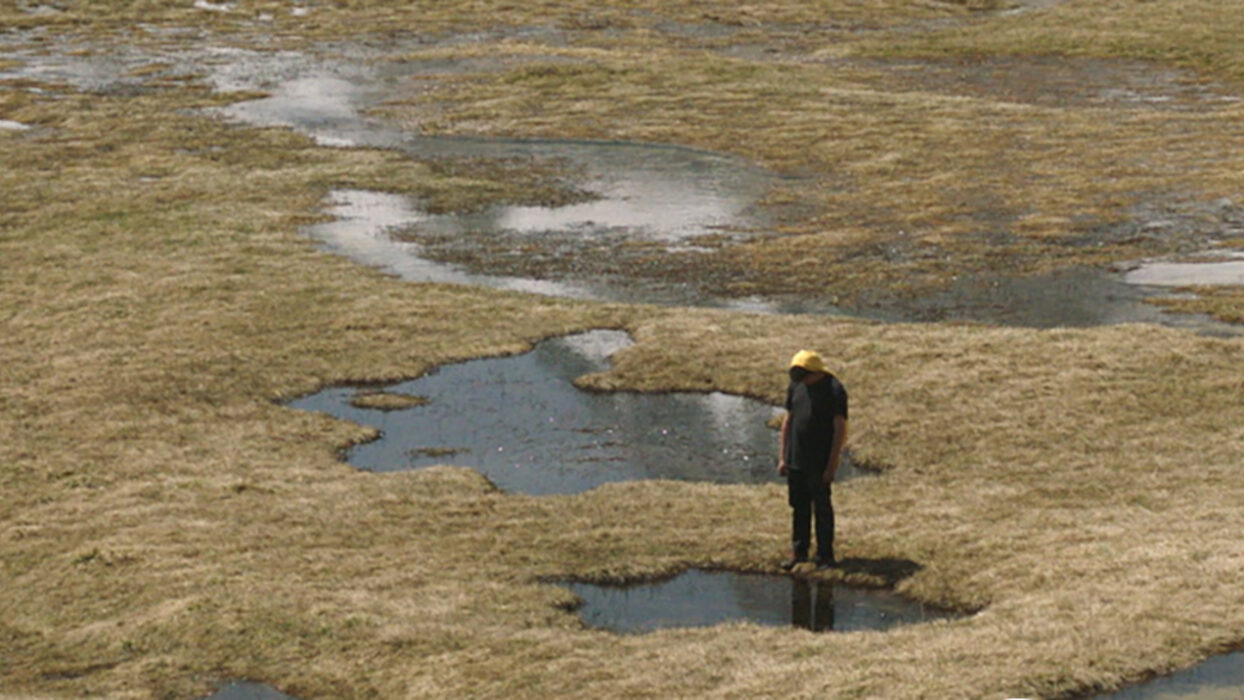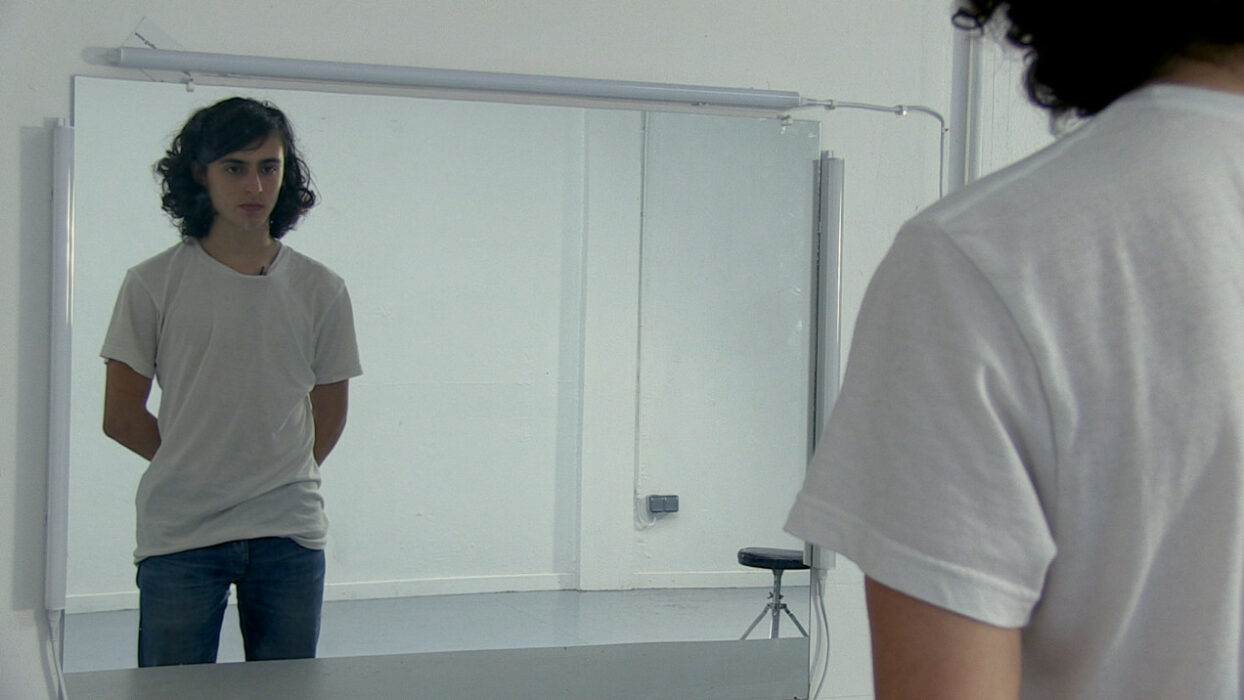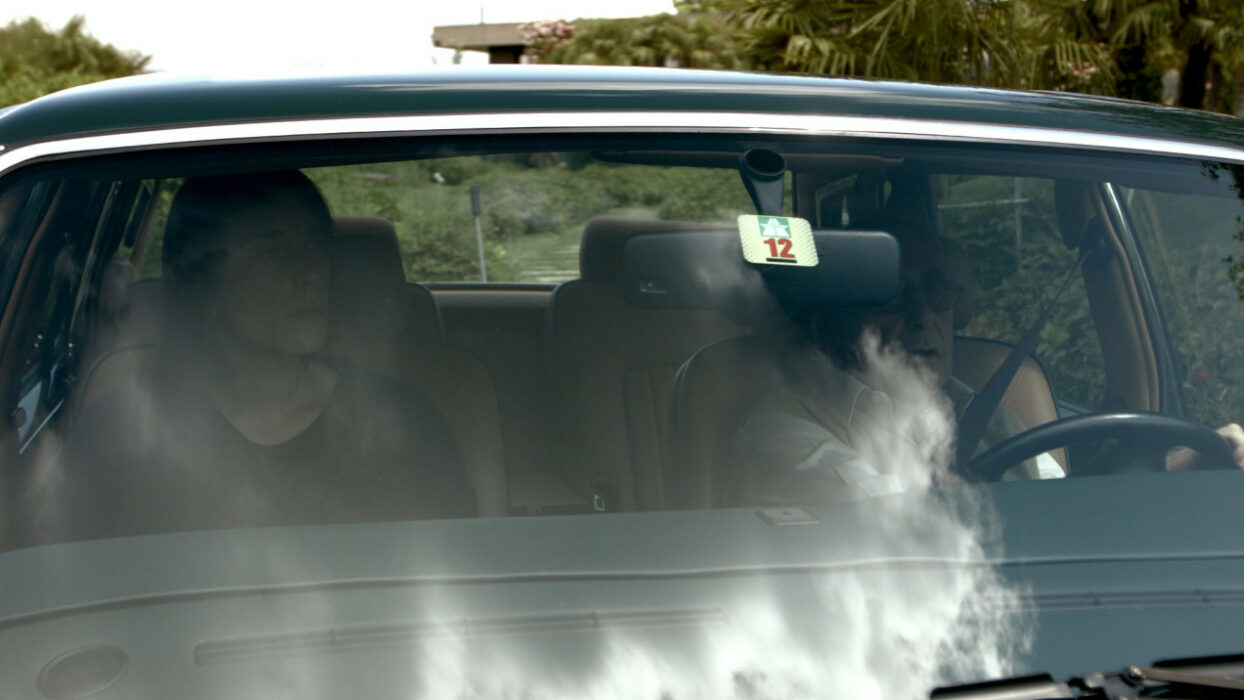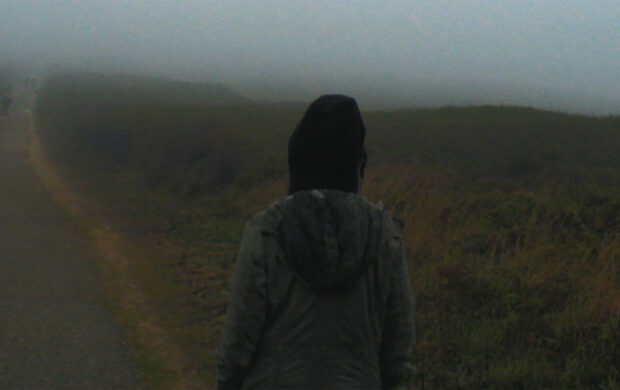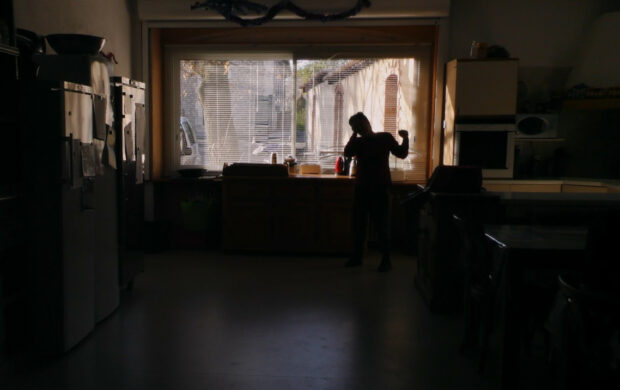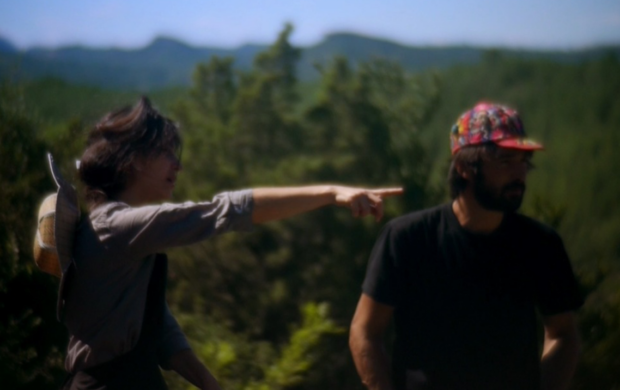J.A
- 2020
- France
- 59 min
- French
Ninety-year-old Jacob lives in a luxury villa in Switzerland and has just changed his name and nationality. Gaëlle, his granddaughter come to visit him to film his portrait and try and pierce the mystery of these recent decisions.
Between JJA (2012) and J.A via Changement de décor (2015), the man we first knew under the name Jean-Jacques Aumont has lost an initial but retrieved his surname. Now in his nineties and still lively, he is now musing on the name that will appear on his final resting place. The three passports successively acquired – the French, the Israelian, the Swiss – and the changes of name seem to be clues in the story of a life that Gaelle Boucand is seeking to retrace. This time, the family tie between the filmer and the filmed, imperceptible in her first two works, is intrinsic to the narrative: in this film under constant construction, the way in which Jacob successively welcomes and refuses his granddaughter’s project says as much about his story as he is willing to tell. Indeed, he is not keen to go back over the period that he evoked in JJA: the World War II years when he was a teenager. It is therefore obliquely and very reservedly that the most difficult moments are recounted: in the bare space of a casting room, which contrasts with the technological paraphernalia of Jacob’s wealthy residence, this episode is sketched out by the instructions given to the young men who are auditioning to play his role. It seems that the director is not looking for any kind of physical resemblance with her grandfather, but rather what the passing years and the determination to survive have wiped out: indecision, vulnerability, naivety.
Olivia Cooper-Hadjian
- Production : Léa Todorov (Elinka Films), Gaëlle Boucand (Elinka Films)
- Photography : Victor Zébo
- Sound : Arno Ledoux, François Bailly, Jules Valeur
- Editing : Raphaëlle Martin-Holger, Gaëlle Boucand
- Print contact : Elinka Films, elinkafilms@gmail.com
